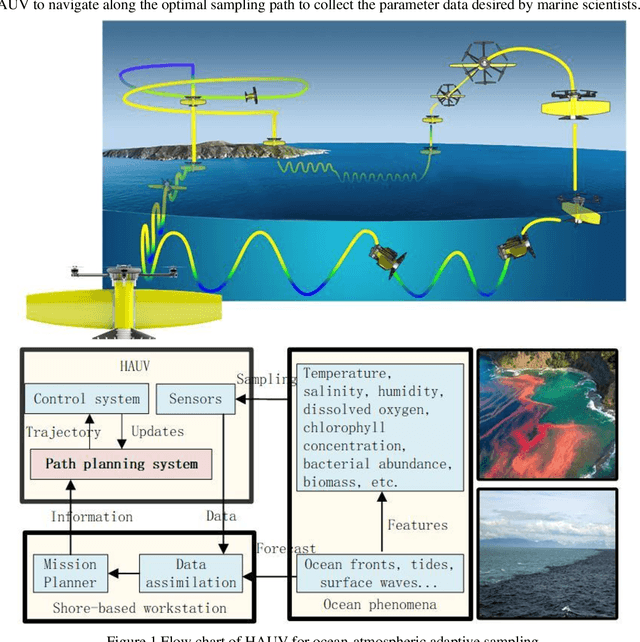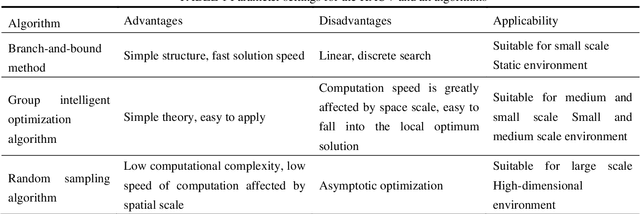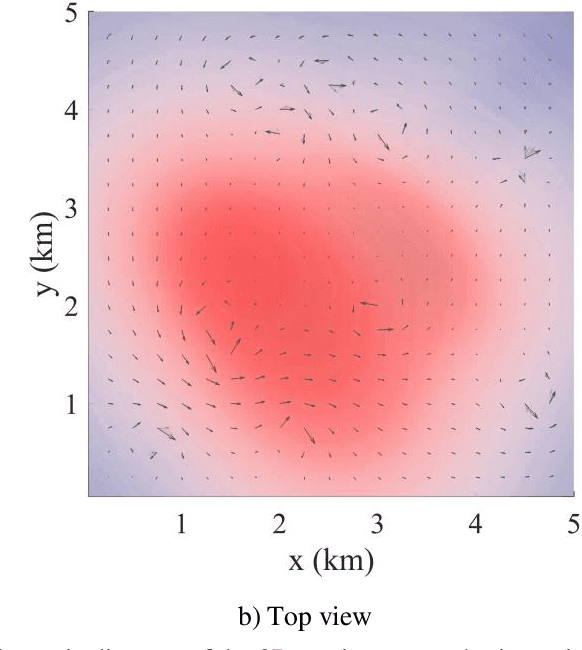Zheng Zeng
RGB$\leftrightarrow$X: Image decomposition and synthesis using material- and lighting-aware diffusion models
May 01, 2024



Abstract:The three areas of realistic forward rendering, per-pixel inverse rendering, and generative image synthesis may seem like separate and unrelated sub-fields of graphics and vision. However, recent work has demonstrated improved estimation of per-pixel intrinsic channels (albedo, roughness, metallicity) based on a diffusion architecture; we call this the RGB$\rightarrow$X problem. We further show that the reverse problem of synthesizing realistic images given intrinsic channels, X$\rightarrow$RGB, can also be addressed in a diffusion framework. Focusing on the image domain of interior scenes, we introduce an improved diffusion model for RGB$\rightarrow$X, which also estimates lighting, as well as the first diffusion X$\rightarrow$RGB model capable of synthesizing realistic images from (full or partial) intrinsic channels. Our X$\rightarrow$RGB model explores a middle ground between traditional rendering and generative models: we can specify only certain appearance properties that should be followed, and give freedom to the model to hallucinate a plausible version of the rest. This flexibility makes it possible to use a mix of heterogeneous training datasets, which differ in the available channels. We use multiple existing datasets and extend them with our own synthetic and real data, resulting in a model capable of extracting scene properties better than previous work and of generating highly realistic images of interior scenes.
Information-driven Path Planning for Hybrid Aerial Underwater Vehicles
Apr 08, 2022



Abstract:This paper presents a novel Rapidly-exploring Adaptive Sampling Tree (RAST) algorithm for the adaptive sampling mission of a hybrid aerial underwater vehicle (HAUV) in an air-sea 3D environment. This algorithm innovatively combines the tournament-based point selection sampling strategy, the information heuristic search process and the framework of Rapidly-exploring Random Tree (RRT) algorithm. Hence can guide the vehicle to the region of interest to scientists for sampling and generate a collision-free path for maximizing information collection by the HAUV under the constraints of environmental effects of currents or wind and limited budget. The simulation results show that the fast search adaptive sampling tree algorithm has higher optimization performance, faster solution speed and better stability than the Rapidly-exploring Information Gathering Tree (RIGT) algorithm and the particle swarm optimization (PSO) algorithm.
 Add to Chrome
Add to Chrome Add to Firefox
Add to Firefox Add to Edge
Add to Edge